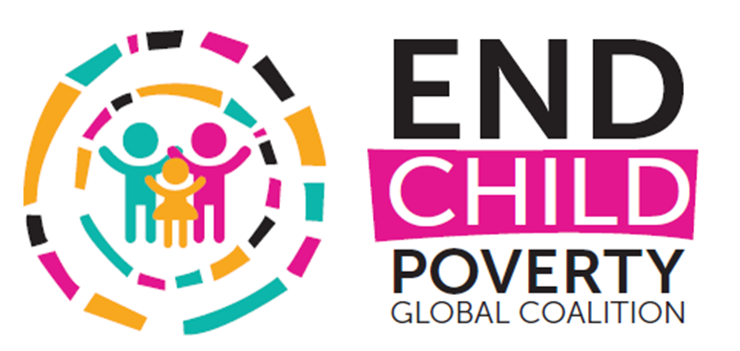In many African nations, the Covid-19 pandemic has exacerbated existing difficulties, such as other diseases, natural disasters, and hunger, which the poorest families and their children face every day. It is much more difficult for families who live in remote areas or those with limited access to technology to educate themselves about the disease and learn about protective measures. Children without access to technology or a quiet space to study are unable to focus on their academics during this time. Adolescents are particularly at risk of dropping out of school to earn money to help their parents. Children who live in orphanages or on the streets are especially affected by the pandemic, as many protective measures (such as social distancing and restrictive movement) cannot apply to those who are homeless.
Listening to the lived experiences of these families has prompted ATD Fourth World to develop short- and long-term recommendations in Africa. One short-term measure will be to provide continuous support to the most vulnerable children and adolescents with their education by all means possible so that no child will fall behind in their studies during this pandemic. A long-term measure is to make sure that local African communities are involved in the establishment and implementation of protective social measures instead of simply copy and pasting measures from different realities and contexts. With these recommendations, ATD Fourth World is dedicated to making sure that these families will be included in the conversation to realize sustainable solutions for a healthier future.
Publisher: ATD Fourth World
Publication Year: 2020


